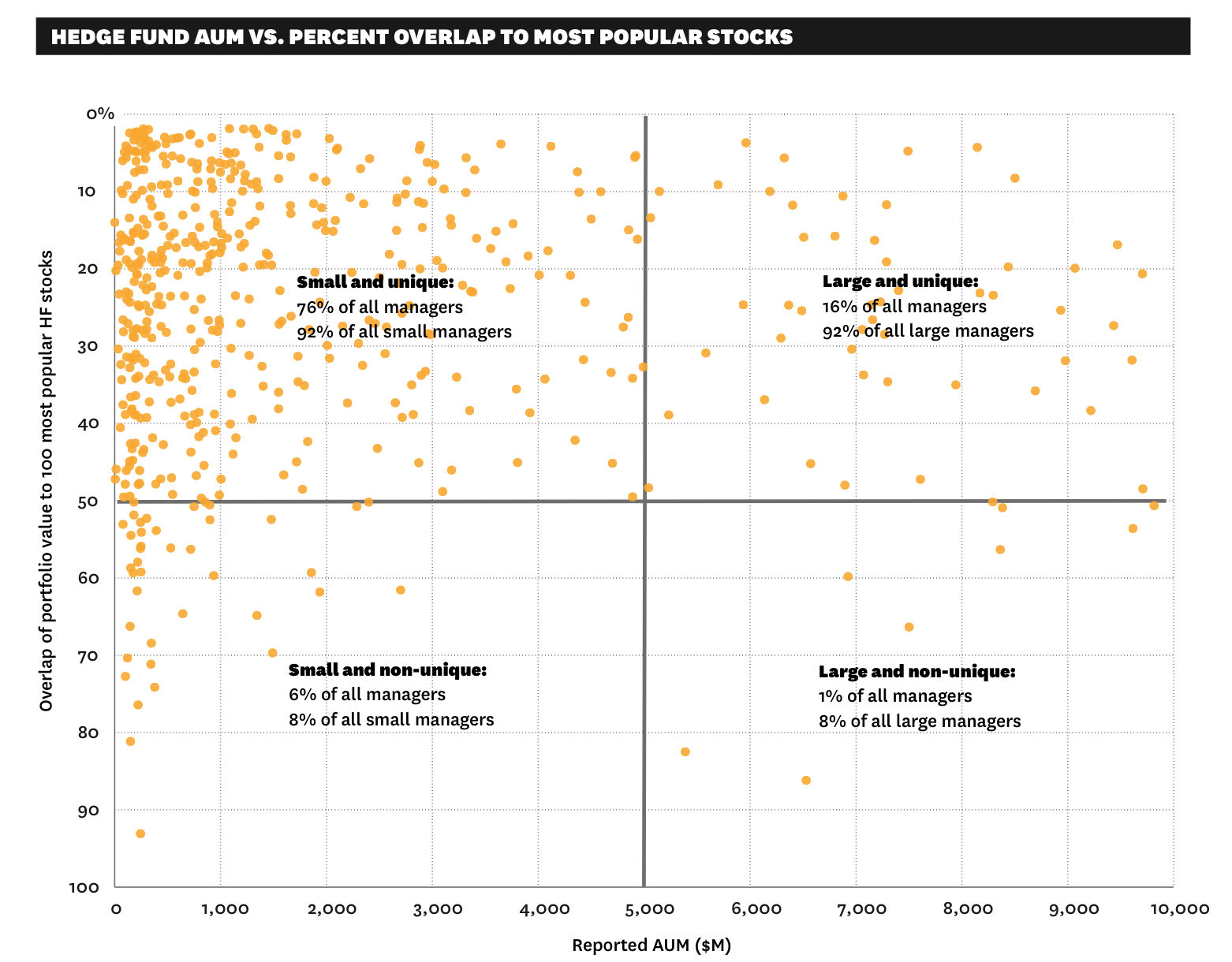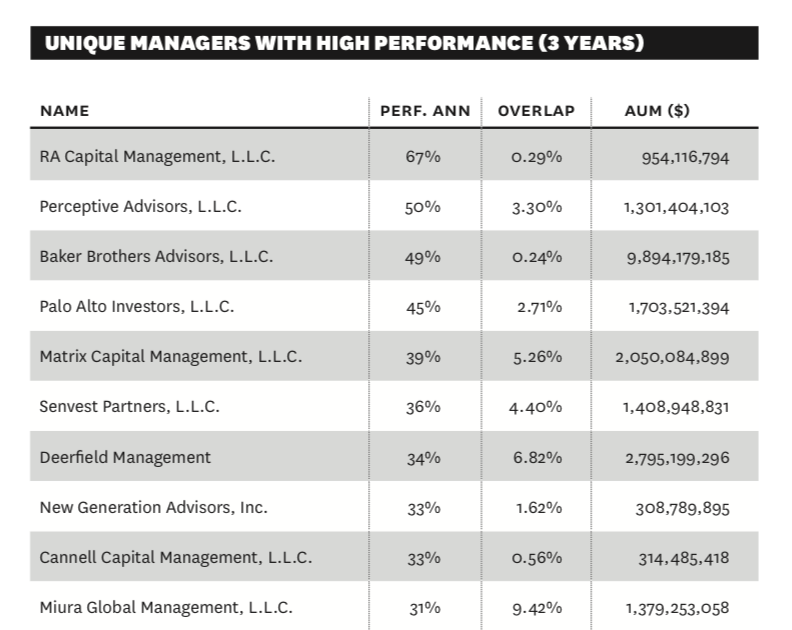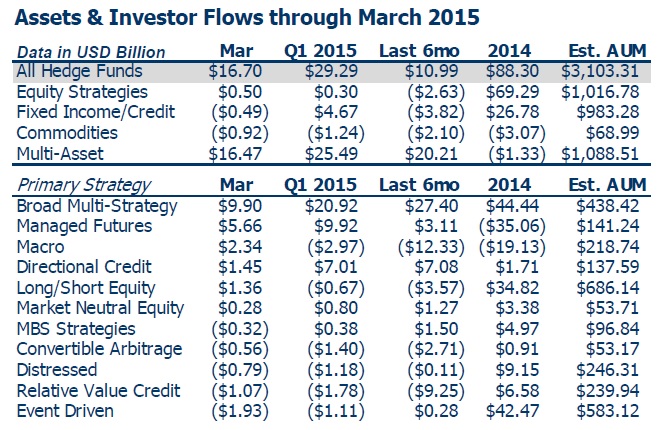Despite expectations of more unorthodox portfolios, smaller hedge fund managers may be investing in the same popular securities as larger managers, according to analytics firm Novus.
The firm’s data showed both large and small managers held the same percentage of non-unique securities (8%), indicating smaller managers choosing more common stocks than expected.
In addition, the data revealed a large majority (92%) of managers invested less than half of their portfolios in the most common stocks. Of these managers, nearly a third held less than 10% of their value in common stocks, the report said.
 Source: Novus
Source: Novus
“The argument that hedge funds are all doing the same thing can be positively debunked,” said Stan Altshuller, Novus’ co-founder and chief research officer. “The percentage of unique and non-unique managers today is almost the same as it was in 2007.”
Hedge funds that are “simply following the crowd” are not worthy of high fees, the report said, and may have reduced abilities to liquidate stocks quickly. Most frequently owned securities also tended to underperform market benchmarks, Novus added.
“You’re better off holding an ETF than buying the most popular hedge fund stocks,” Altshuller said.
Instead, investors should examine to the composition of managers’ portfolios to determine “worthy” hedge funds—those deserving their high management and performance fees—and thus consider qualities beyond past performance, Altshuller said.
“A unique portfolio indicates original research and independent analysis,” Altshuller said. “When this concept is coupled with consistent outperformance, it strongly indicates reliable skill and unique alpha generation—that more than justifies fees.”
Using proprietary data, the analytics firm identified RA Capital Management, Perceptive Advisors, and Baker Brothers Advisors as unique managers with the highest performance over the past three years.
 Source: Novus
Source: Novus
Related Content: The Best Performing Hedge Fund of 2014 Was…; The Fees Conundrum: Prices Rising… and Falling

 Source: eVestment
Source: eVestment